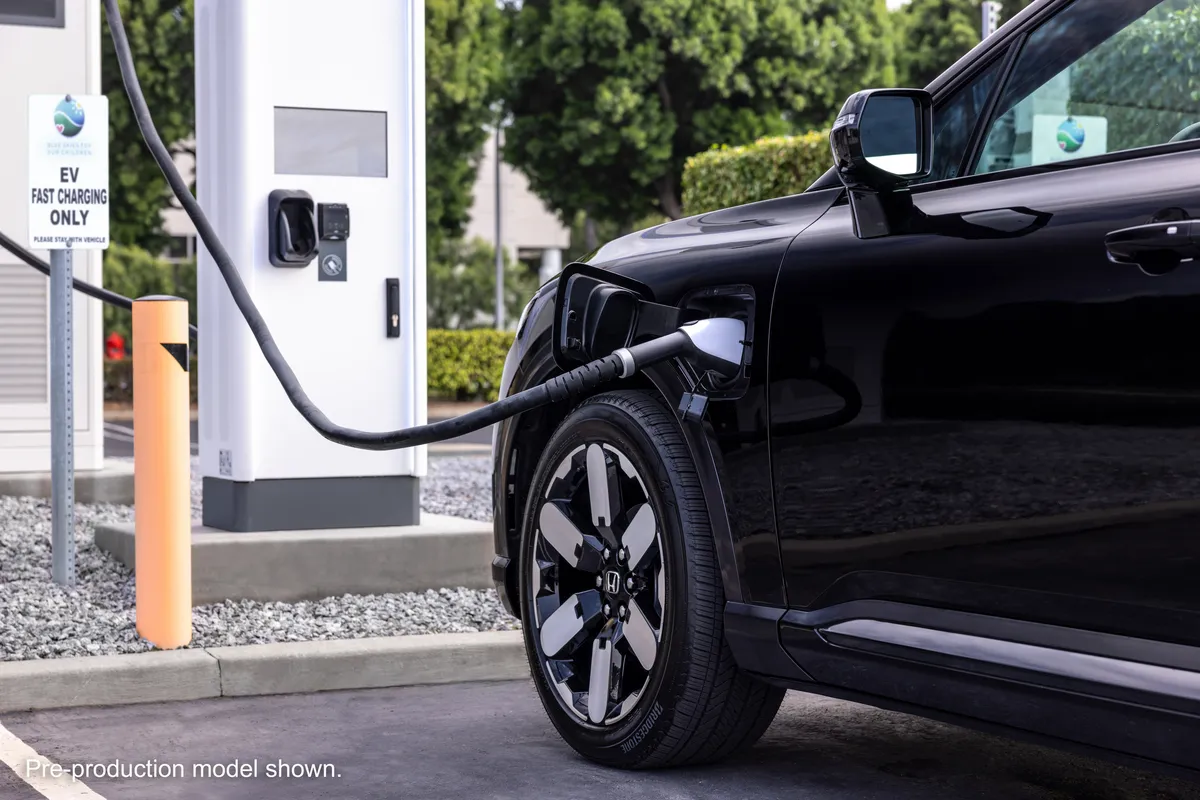EV makers are sounding the alarm over a trio of challenges that could hit profitability and production. Rivian, Lucid, and legacy players like Ford and GM are navigating the combined impact of the One Big Beautiful Bill Act (OBBBA), new trade tariffs, and the looming threat of a 100% import tariff on semiconductor chips.
In recent 10Q filings, Rivian and Lucid flagged OBBBA’s elimination of certain EV tax credits and its blow to the zero-emissions credit market. Lucid is evaluating supplier risks, while Rivian points to the survival of the 45X domestic battery tax credit as a bright spot. Ford and GM also warned about potential losses from tariffs, with GM saying OBBBA’s impact could be “material” to EV profitability.
Related: Revel Shuts Down NYC Ride-Hailing to Focus on EV Charging Expansion
The chip tariff could be a bigger disruptor, echoing the pandemic-era shortages that crippled auto production. With most automakers reliant on imports, the path to exemptions, reserved for companies producing chips domestically, remains unclear.
Beyond EV policy headwinds, the mobility space is seeing strategic shifts. Joby Aviation acquired air-mobility brand Blade in a deal worth up to $125 million, gaining access to prime airport terminals in New York and Europe. Drone firm Destinus is set to buy Swiss autopilot developer Daedalean for $223 million, and Uzbekistan’s Uzum raised $65.5 million with backing from Tencent.
Meanwhile, Tesla’s week was a study in contrasts, greenlighting a $29 billion pay package for Elon Musk while shuttering its Dojo supercomputer project, and losing a $242.5 million lawsuit over its Autopilot system.
From policy shocks to consolidation moves, the future of mobility is facing both turbulence and transformation.







